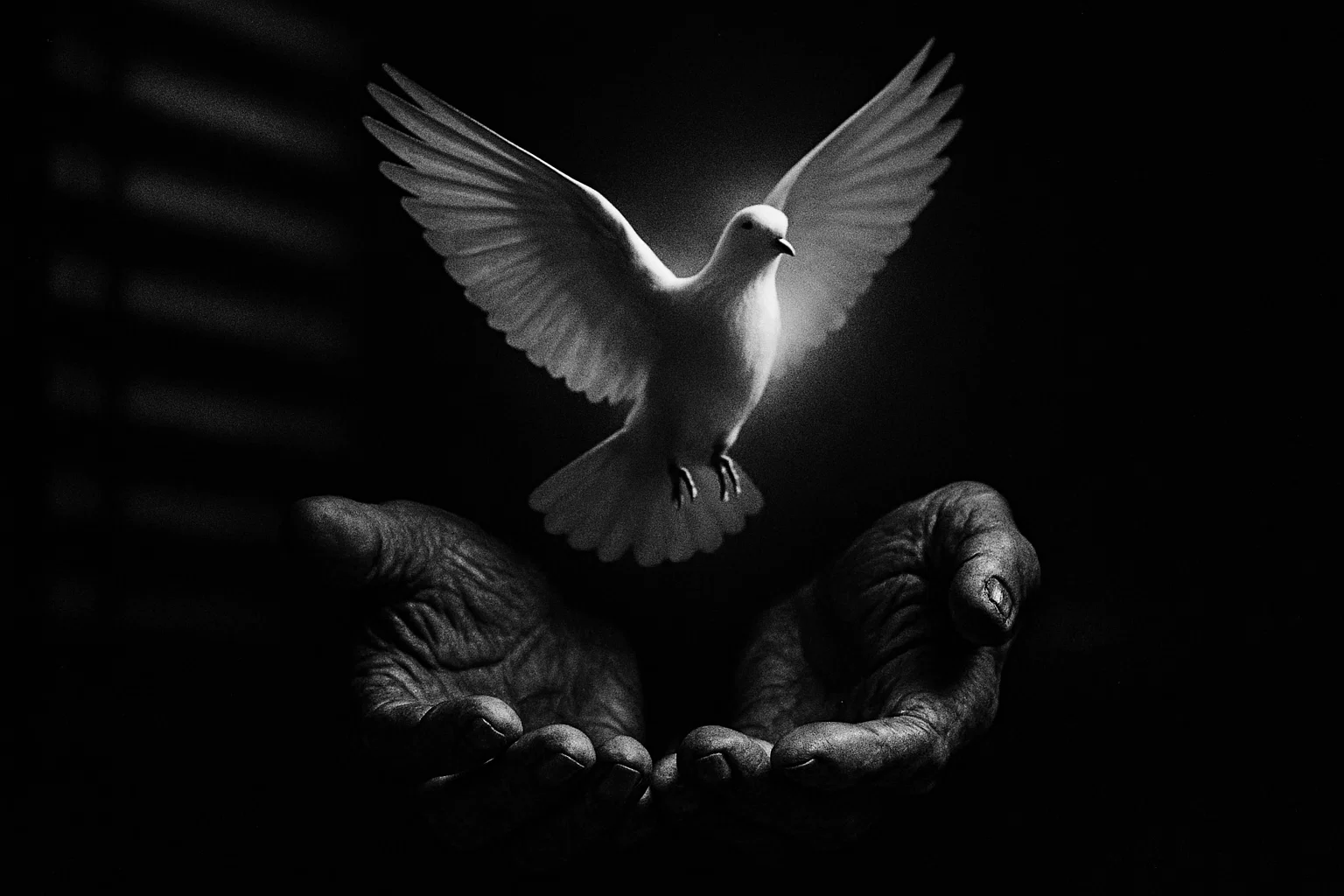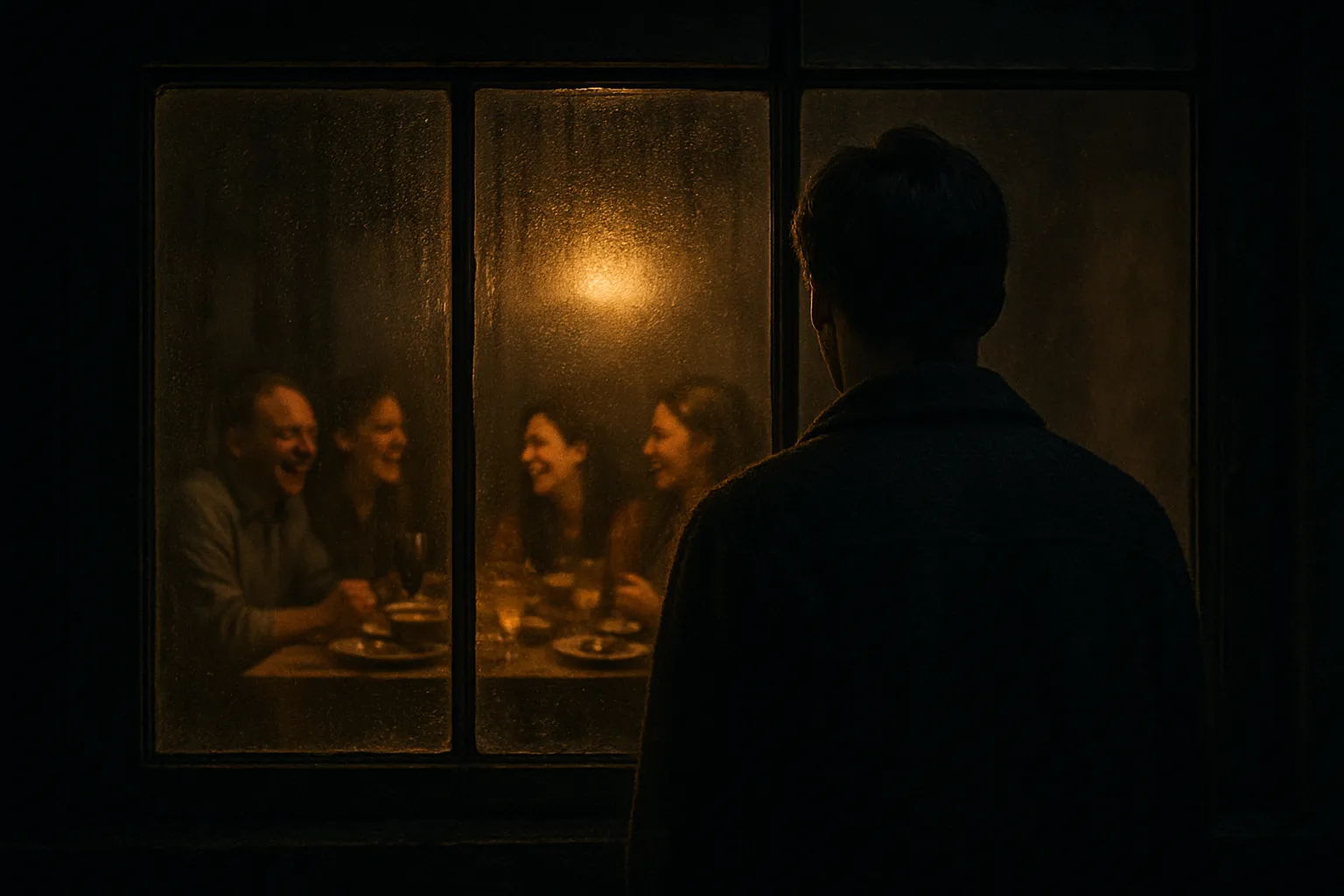Forgiveness: For Him, For Yourself

The Final, Heaviest Weight
In the landscape of healing from a broken heart, the concept of forgiveness often feels like the final, insurmountable mountain. It's a word loaded with misconceptions. We think it means condoning what happened, forgetting the pain, or letting the person who hurt us "off the hook." In reality, true forgiveness has very little to do with them at all. It is not an act of generosity toward your ex; it is the ultimate act of self-liberation. It involves two distinct, equally important movements: forgiving them, and, most crucially, forgiving yourself.
Forgiving Them: Letting Go of the Poison
There is a famous saying: "Holding onto resentment is like drinking poison and waiting for the other person to die." Forgiving your ex is the act of putting down that poison. It is the conscious decision to stop allowing their past actions to have power over your present peace. This does not mean you are saying what they did was okay. It means you are saying you will no longer carry the burden of their actions.
This form of forgiveness involves:
- Canceling the Emotional Debt: You release them from the debt you feel they owe you—an apology, an explanation, or remorse. You accept that you may never receive these things, and you decide to stop waiting. Your healing is not dependent on their participation.
- Reclaiming Your Energy: Every moment you spend ruminating on your anger and their transgressions is a moment of your precious life force that you are giving to the past. Forgiveness is the act of taking back that energy and choosing to invest it in your own growth, joy, and future.
- Accepting Reality: It is a radical acceptance that the past is immutable. You cannot change what happened. Forgiveness is the moment you stop fighting with reality and allow the story to be what it is, freeing you to start writing the next chapter.
Forgiving Yourself: The Path to True Peace
As difficult as it can be to forgive someone who hurt you, it is often far more difficult to turn that same grace inward. After a breakup, we can become our own harshest critics, replaying a highlight reel of our own perceived failures. True peace cannot be found until you offer yourself the same compassion you seek to offer others.
You may need to forgive yourself for:
- Not seeing the red flags sooner. Forgive yourself for being hopeful, for believing the best in someone, and for not having the wisdom then that you have now. You did the best you could with what you knew at the time.
- Staying too long. Forgive yourself for trying to make it work. Understand that you stayed for complex reasons—love, fear, commitment, hope. Be kind to the person you were then.
- Your own mistakes in the relationship. Forgive yourself for being human. No one is a perfect partner. Acknowledge your part in the dynamic without letting it define your worth.
- Feeling like you "failed." Forgive yourself for believing that the end of a relationship is a failure. Reframe it as a completed lesson, one that has taught you invaluable things about yourself and what you need in a partner.
The Practice of Forgiveness: A Gentle How-To
Forgiveness is not a switch you flip; it is a gradual process and a conscious practice. Here are a few exercises to help you on your journey:
- Write Forgiveness Letters (That You Never Send): Write one letter to your ex, detailing the ways they hurt you and ending with a declaration that you are choosing to release them from it. Then, write a second letter to yourself, acknowledging your perceived mistakes and offering yourself unconditional forgiveness and compassion. The act of writing is for you alone.
- Practice a Forgiveness Meditation: Find a quiet space. Visualize your ex in front of you and say, silently or aloud, "I forgive you, and I release you." Feel the energetic cord between you dissolving. Then, visualize yourself and say, "I forgive myself, and I set myself free." Repeat as often as needed.
- Focus on the Lesson: For every painful memory, ask yourself, "What did this teach me?" When you can honestly thank the experience (not the person or the pain) for the wisdom it gave you, you are well on your way to true forgiveness.
The Unburdening: Forgiveness is Freedom
Ultimately, forgiveness is the final act of reclaiming your power. It's the moment you decide that your own peace is more valuable than your attachment to being right or your need for them to atone. It's not about forgetting what happened; it's about choosing not to let it consume you any longer. By forgiving them, you take back your heart. By forgiving yourself, you restore your soul. You are finally, and completely, free to move on.


